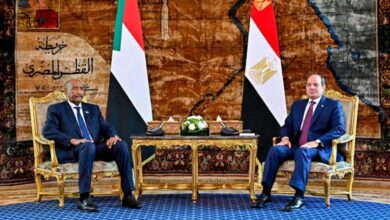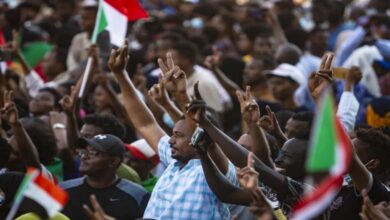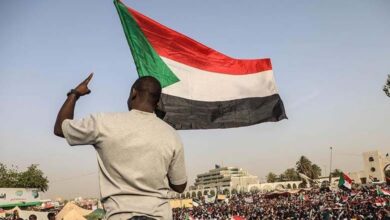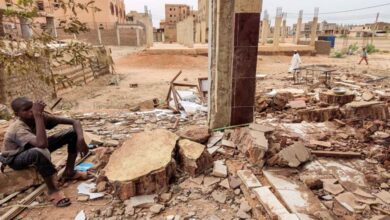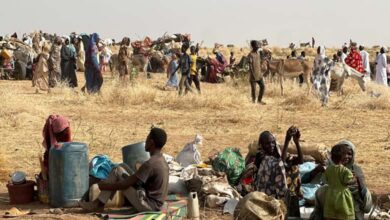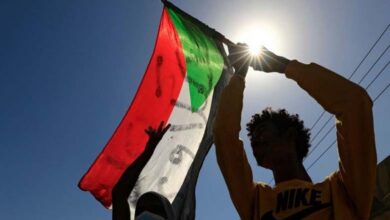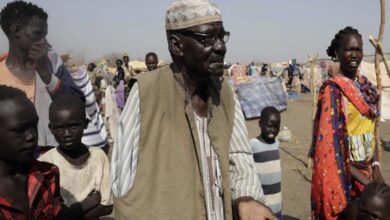International Conference Condemns Sudanese Army: No Food No Medicine—Only Bullets!
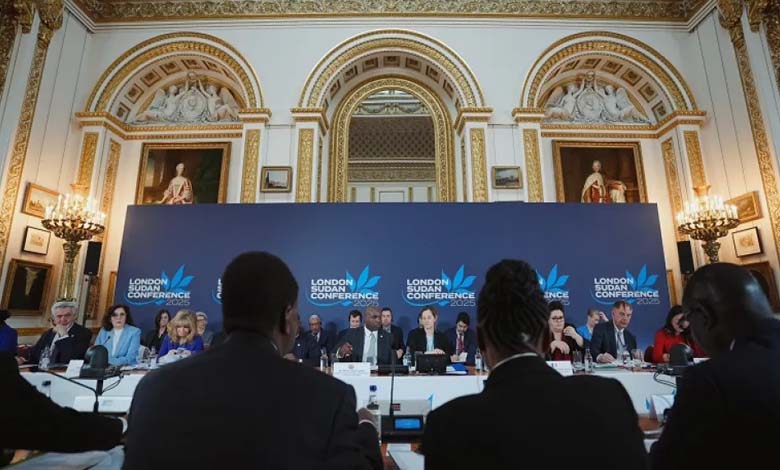
At a pivotal moment in Sudan’s crisis, more than 40 countries and a number of international and regional organizations gathered in London for the international conference on the humanitarian and political situation in Sudan. The event, initiated by the UK Foreign Office, featured key participation from the United States, France, Germany, Canada, the European Union, the African Union, IGAD, the United Nations, the International Committee of the Red Cross, and the UN Office for the Coordination of Humanitarian Affairs (OCHA).
The conference took place as Sudan faces one of the worst humanitarian disasters in its history, with escalating violence and a deteriorating living situation for civilians caught between military conflict and clashing political agendas.
-
Impact of Military Attacks on Sudan’s Infrastructure: People’s Suffering and the Water and Electricity Crisis
-
Signs of Discord Shake Sudan’s Army and Its Allies… Is the Alliance Falling Apart?
Protecting Civilians: An Army Turned Against Its Own People
A full opening session was dedicated to the severe violations faced by civilians in Sudan. Human Rights Watch and Amnesty International presented well-documented reports supported by photos and testimonies, detailing targeted bombings of residential areas, aerial attacks on displacement camps, and widespread arrests and torture in army-controlled regions.
In his speech, the EU Special Envoy for the Horn of Africa stated:
War Devastates Sudanese People: A Collapsing Economy and Looming Famine
-
Crisis of Trust between the Sudanese Army and Its Militias… What Lies Behind the Recruitment Freeze Decision?
-
Sudan without Salaries: A Crushing Living Crisis, ILO Sounds the Alarm
The UN Refugee Agency presented shocking figures: over 11 million people have been internally displaced since the war began in April 2023, with hundreds of thousands fleeing to neighboring countries such as Chad, South Sudan, and Egypt. Médecins Sans Frontières reported that dozens of hospitals were destroyed or forced to close, with medical staff operating under near-impossible conditions.
According to the World Food Programme (WFP), Sudan is now on the brink of famine, with more than 18 million people in urgent need of food—access to which is repeatedly denied due to military blockades imposed by the Sudanese army on large parts of the country.
-
Al-Burhan’s insistence on replacing the currency threatens to deepen Sudan’s economic crisis
-
Sudan Crisis: What are the Motivations behind the Ministerial Changes and Their Expected Outcomes?
Humanitarian Aid Blocked: An Army Starving Its Own People
Humanitarian organizations—including the ICRC and Islamic Relief Worldwide—raised alarm over blocked aid routes. Germany, France, and the United States directly accused the Sudanese military of war crimes, including:
- Preventing aid convoys from passing through checkpoints.
- Targeting medical warehouses and food distribution centers.
- Threatening and detaining aid workers.
OCHA’s representative remarked in her speech:
-
UN Reports Reflect Shock at the Scale of Sudan’s Worsening Humanitarian Crisis
-
After 500 Days of War… A Major Health and Food Crisis Facing Sudan
Political Process Obstructed: An Army That Rejects Peace
The political stalemate was also a central focus. Most delegations agreed that the Sudanese army is the main obstacle to any peaceful transition, having rejected both regional and international initiatives and clinging to total control over the country’s future.
The African Union representative stated: “The political process in Sudan will not succeed as long as those with weapons refuse to sit at a genuine negotiating table.”
Call for International Action: No Equating Victims with Perpetrators
-
Struggle between America and Iran in Sudan Raises Fears of Complicating the Forgotten Crisis
-
Catastrophic Consequences… Millions of Sudanese Children Pay the Price of War. What’s the Story?
In their final statement, the participating states and organizations called for:
- Immediate sanctions on Sudanese military leaders responsible for violations.
- Referral of committed crimes to the International Criminal Court.
- Opening safe humanitarian corridors without requiring military approval.
- Ending all indirect military support to the Sudanese army, and holding accountable those fueling the conflict.
Conclusion: No Justice Without Accountability
The London international conference sent a clear message: the world is watching—and will no longer stay silent.
This is no longer just a fight for Sudan, but a defense of justice and humanity against a war machine that sees civilians as nothing more than erasable numbers.
-
Ongoing Suffering: More than 25 million Sudanese Face the Specter of Famine
-
Sudan on the Brink of Total Collapse: War Consequences and Policy Failures


